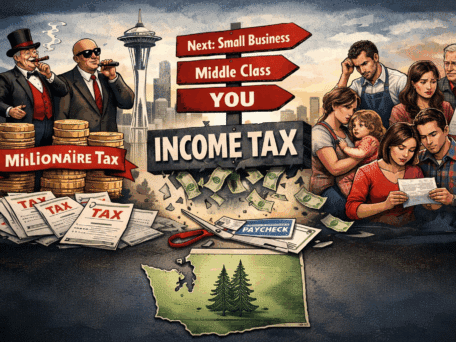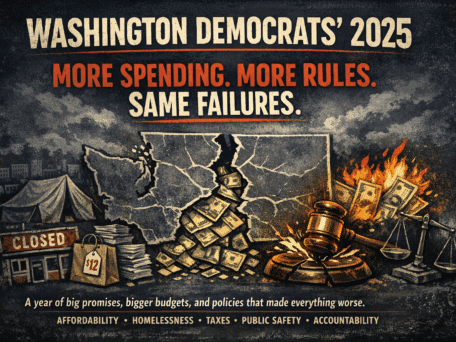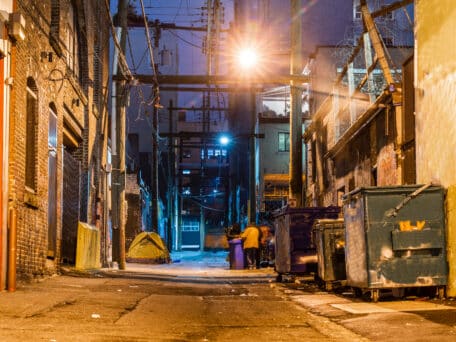Some Starbucks employees and customers are upset that hours are being reduced for baristas. In fact, more than 12,000 people have signed on to a symbolic online petition demanding Starbucks listen to their grievances. The petition begins:
“Our goal is simple. We want Starbucks corporate to listen to what we have to say and understand that the current labor practices are sinking morale at corporate stores. Baristas feel the force of the labor cuts and the gross underemployment because of the new standard. We understand that businesses have to be profitable to survive, we get it. What’s happening currently is some of the most extreme labor cuts in Starbucks history.”
The petition — launched by a barista from California — claims “hours are being cut, in essence, to preserve profitability for Starbucks.” That, of course, could be true. But, the petition never mentions the likely reasons for the cuts.
You see, cuts in works hours/shifts from full-time to part-time workers was one of the “biggest warnings from people questioning the logic of making low-skilled workers more costly to businesses” via huge minimum wage hikes (like California’s statewide $15 minimum wage). KIRO Radio’s Jason Rantz explains:
Prater admits that the job of a barista “…isn’t a hard one.” He says it can be demanding, but “…it’s easy work.” Yet, why do people with such easy jobs have such high demands in relation to the value of the job? If your job can be done by a machine — and yes, much of what a barista does can be replaced by a machine — what incentive does a business have to continue to incur the increased costs of your labor?
If you don’t bring in enough profits to justify $15 an hour, your hours will either be cut or you’ll be given more responsibility to justify the wage increase. If you don’t bring in enough profits to cover the cost of mandated health insurance, why wouldn’t the business cut hours so you’re not eligible for the free health care? If you can get two part-time workers at the same cost as one full-time worker, why wouldn’t a business go with two?
In the end, Starbucks is a business. It exusts to turn a profit, not cater to or validate the feelings its employees. Again, Rantz explains:
“You can complain that this exploits the worker, but that’s a rather myopic argument. It’s a contractual relationship where you also exploit the employer for valuable skills that you leverage into a higher paying job within the company (and if you can’t advance there, you go across the street and you bring to them the skills you earned from the previous employer). If you don’t like it, you can always quit.”
Understandably, it is difficult to have your work hours cut — especially when you depend on that income entirely. But, this is just one of the consequences of political policies put in place by those who don’t pay the economic costs — like the $15 minimum wage — and are based on emotions, not logic or facts.
So, rather than address their complaints to Starbucks (a corporation that is known for generosity toward its employees), baristas would be better off complaining to Democrats pushing a special interests-driven agenda.




